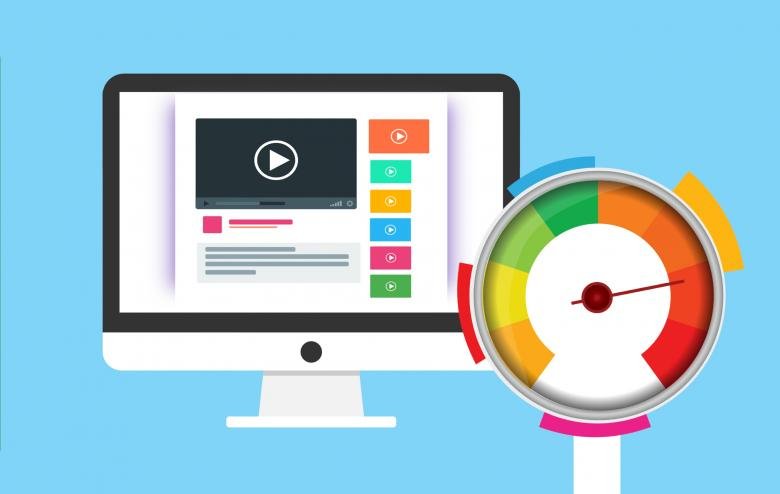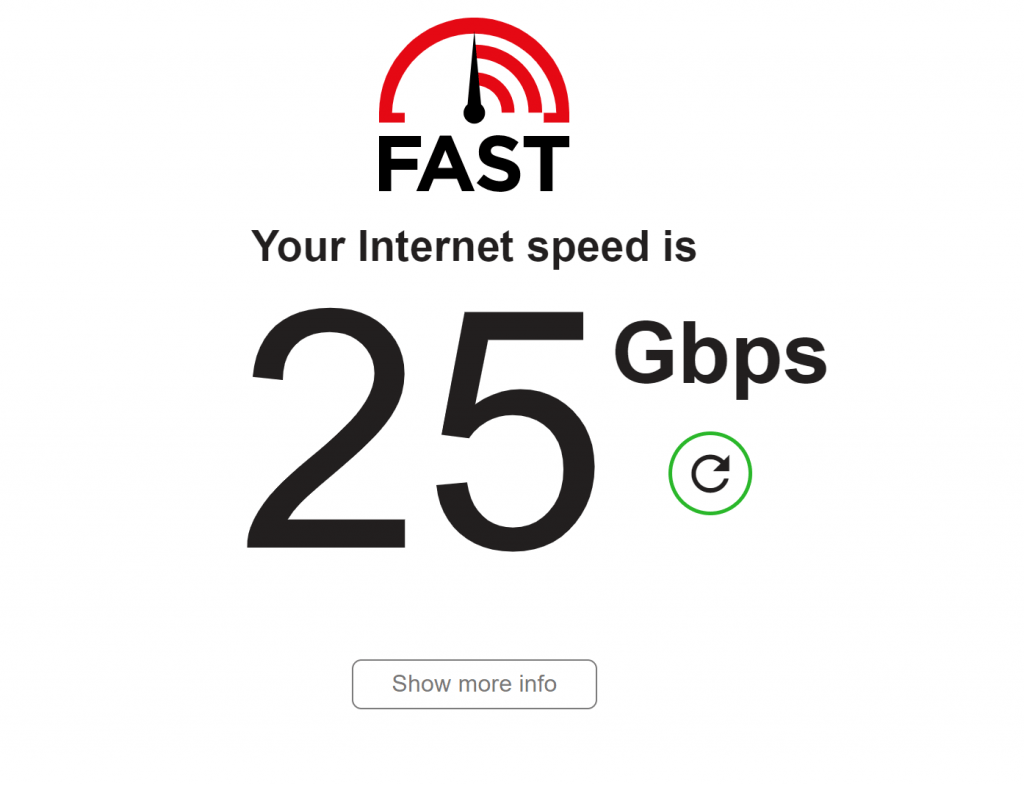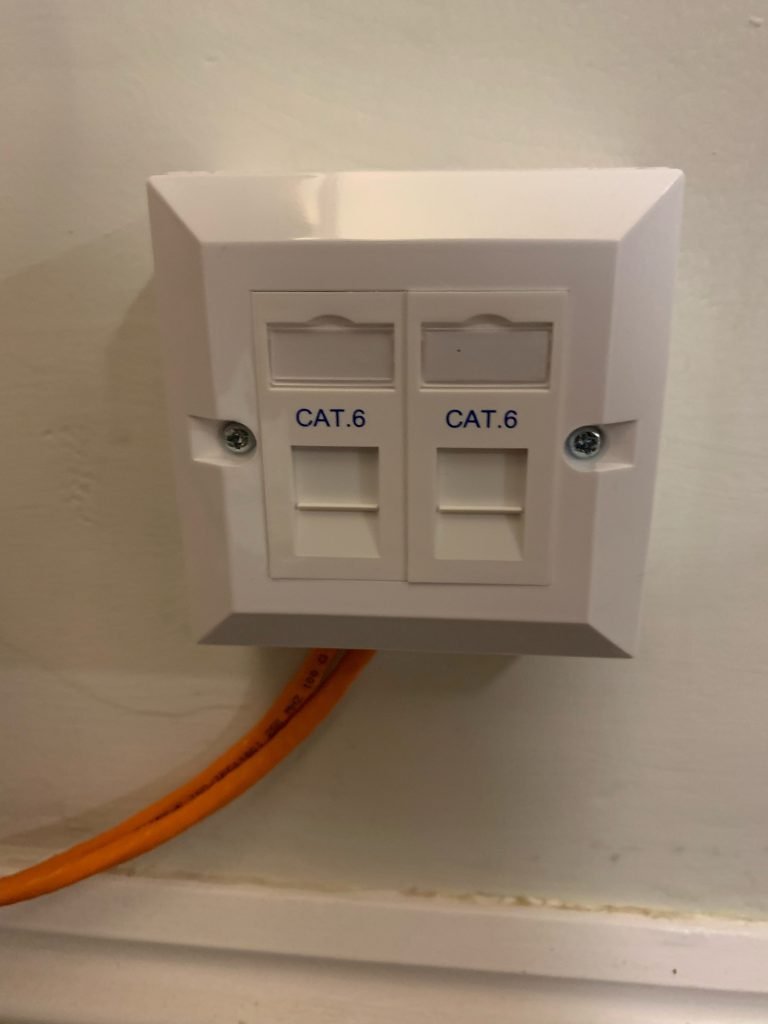
If your lucky enough to have access to an ultrafast broadband service such as a Full Fibre broadband service you can get a package with speeds of 1Gbps which sounds amazing but do you actually need that speed?
Find out in this blog how to work out what speed you need.
Download vs Upload
When talking about broadband speed first its key to know the difference between your download and upload speed.
Your download speed determines how fast you can download files and streaming from services like Netflix and iPlayer.
Your upload speed determines how fast you can upload files to a cloud service, how well you can live stream to say Twitch & YouTube and transfer files back to your office if you work from home.
A lot of broadband packages don’t have equal upload and download speeds with the download speed being much greater than your upload speed you can read much more about upload speed on our other blog .
In summery if you WFH, upload a lot of data to a cloud service and live stream then you will want a symmetric (same upload and download speeds) service where possible or look at a higher speed package with a better upload speed even if you don’t need the higher download speed.

The need for speed
It can be very tempting to go for the fastest broadband package you can get but in the case of ultrafast packages do you actually need 1Gbps?
Its like having a really fast sports car that can reach speeds of over 200Mph but you only drive it round town at 30-50mph!
The first port of call is to see what having these different download speeds means in real world use cases.
First up how fast you can download a 20GB file which could be a game update for example:
As you can see here is a clear benefit to having a faster download speed which can save you a lot of time if you download lots of big files.
It is worth bearing in mind however these times quoted above are best case and sometimes other factors can come into play that can slow down the speed of the download such as your devices and even the server your downloading the file from!
Next lets see what speed you need to stream a typical Netflix show:
- 0-2mbps: SD 240-480P quality
- 2-4mbps:HD 720P
- 4-8mbps: HD 1080P
- 8-16mbps: UHD 4k 1440-2160P
Most streaming services recommend at least 25mbps per 4K stream and indeed for live events 4K may need up to 40mbps!
Don’t forget this is per steam so if you have multiple people in your household streaming at the same time factor that in and of course leave room for other internet activities.
Start from the bottom and work your way up
Most Internet providers will let you upgrade to a faster speed package during your contract which means in the case of Ultrafast services such as Full Fibre it may well be worth while starting with a slower package first to see how you get on.
Slower packages are usually cheaper which is another good reason to start with these packages if your not sure how much speed you actually need and if you find your struggling move up to the next speed band in most cases this is done very quickly with no need for an engineer visit as its all done remotely.
The price of the packages will in most peoples cases be the deciding factor especially with the cost of living crisis and bills accross the board sky rocketing broadband is one area you can still find a better deal and save some money.
Its worth looking around and seeing the price differences between the different packages of course if you can get a higher speed package at little or no extra cost then its a no brainer to go for that.
Here is a typical pricing structure for a Full Fibre Broadband service:
- 100mbps for £25 per month
- 250mbps for £30 per month
- 500mbps for £35 per month
- 1Gbps for £55 per month
As you can see there is around £30 price difference between the lowest speed package and the highest speed package this is when you ask yourself do you actually need 1Gbps or will say 100mbps suffice?

Is your home network able to use your speed?
When we start talking about Ultrafast speeds (over 100mbps) you may well start to find bottlenecks in your home network.
One of the biggest culprits is Wi-Fi which when talking about speeds to an individual device you may find yourself only getting 50-100mbps on your phone/tablet when your paying for a 1Gbps service.
This is because Wi-Fi is complicated and if your using older equipment or dont have enough Wi-Fi coverage around your home your Wi-Fi will become your new enemy.
When having an internet service with say over 500mbps and indeed 1Gbps and above then really a hard wired connection is best and will most likely be the only way to achieve the full speeds.
You can still improve your WiFi by switching to newer equipment and using mesh Wi-Fi systems to boost coverage around your home you can read more about this on our blog about getting the most out of your internet connection.
In summery calculating your needs in terms of how many people in your home, number of devices and what you do on the internet can help determine how much speed you need and where possible starting out with a slower connection first can be a good real world test and may well save you money!
PS: When you start talking about speeds over 1GBps like 10Gbps or even 25 Gbps as we recently wrote about you will really start to hit other bottle necks most notably from the internet services which means you will only be able to fully exploit those speeds in limited use cases.